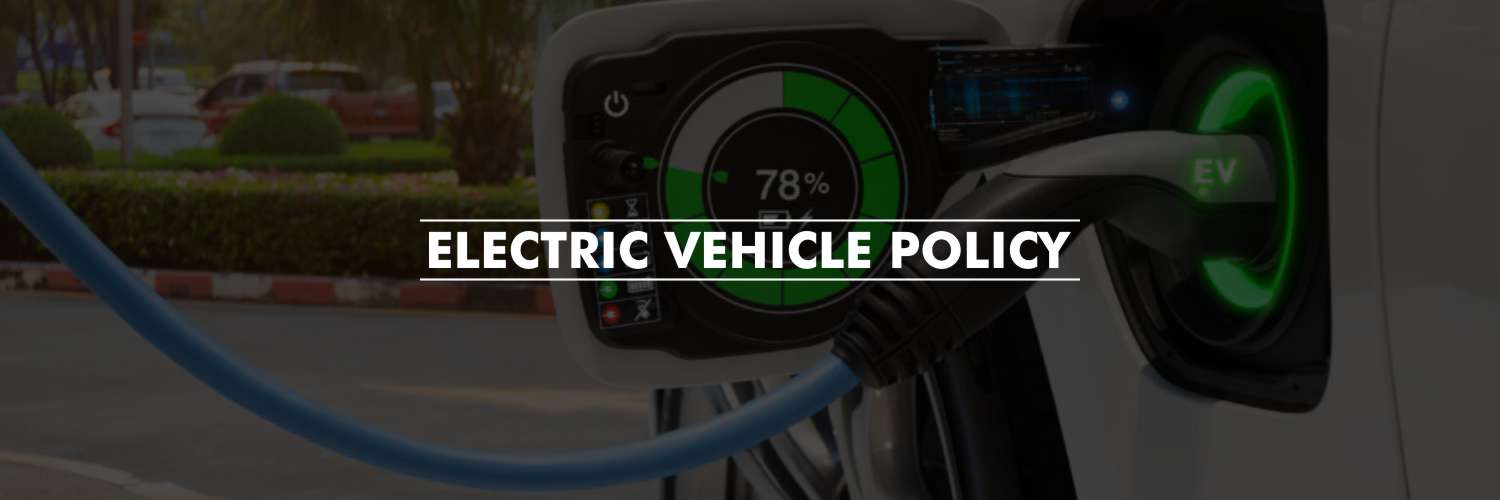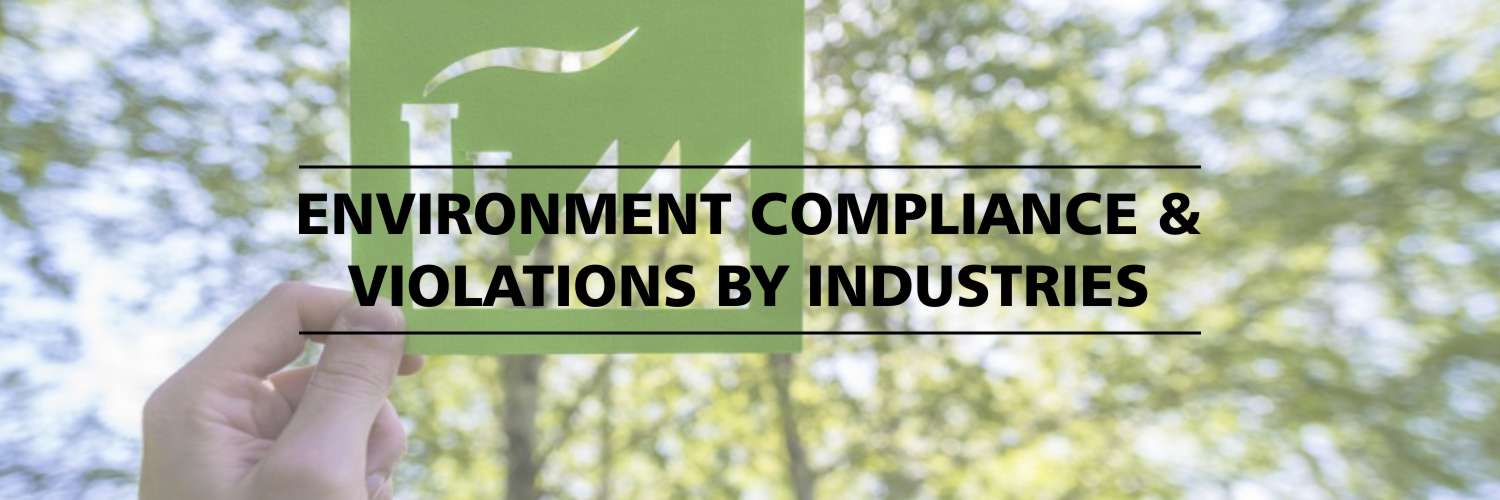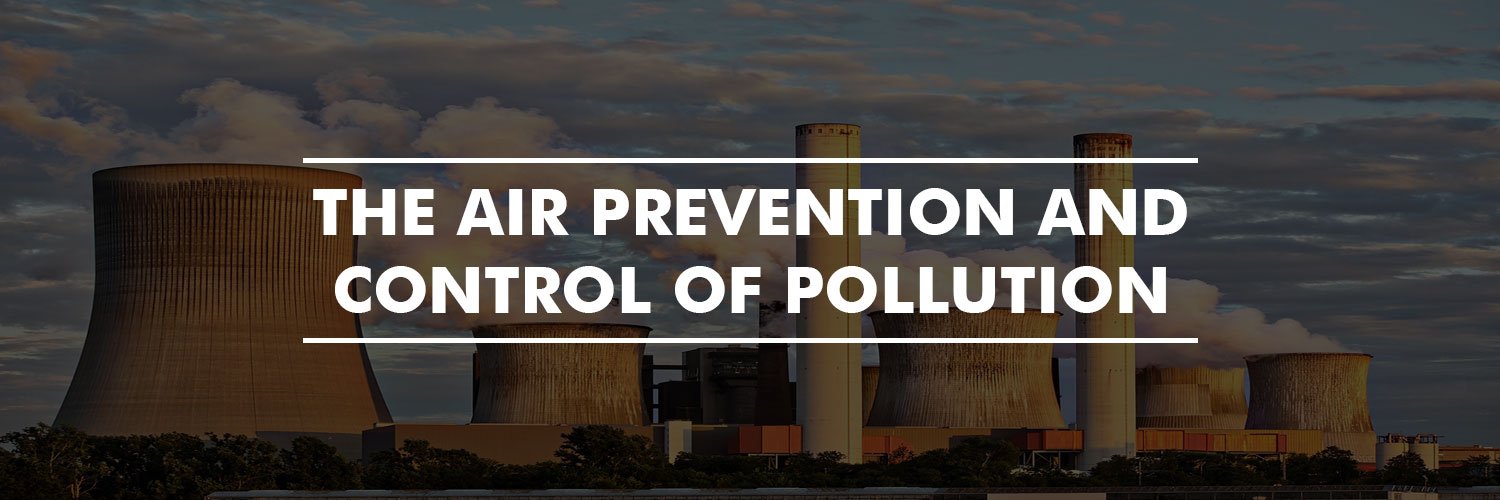The Indian automobile industry is one of the largest growing sectors in the world, which further assures to fabricate the country’s economic growth. With the current impact of the automobile industry on the growing pollution, it has been prompted by the government to promote electric mobility to reduce the impact of transportation on the environment and climate change. Since Delhi has been continuously infiltrating the emergency levels, with the atmosphere shrouded under a thick blanket of smog and haze, the Environment Pollution (Prevention) and Control Authority (EPCA) declared a public health emergency in November 2019. Further, the Graded Response Action Plan (GRAP) forced a complete halt to all construction activities in the national capital and adjoining regions of Faridabad, Gurgaon, Ghaziabad, Noida, and Greater Noida. Other than these precautions, the Delhi government also implemented the Odd-Even road rationing scheme to provide relief.
With one of the world’s largest CNG-propelled public transports, the Delhi government has now launched its journey to provide clean, shared and people-centric mobility solutions. In 2015, the Government of India has instigated the Faster Adoption and Manufacturing of Hybrid and Electric Vehicles (FAME Scheme), under the National Electric Mobility Mission Plan which aims to promote eco-friendly vehicles in India. Further, to boost up the use of Hybrid and Electric Vehicles, the Government has come up with the FAME II Scheme and launched the National Mission on Electric Mobility & Battery Storage. As per sources, the Government of India has set an ambitious target of 6-7 million sales of hybrid and electric vehicles every year.
In November 2018, a first draft of ‘The Delhi Electric Vehicle Policy’ has been circulated and was subsequently approved by the Delhi Chief Minister, Arvind Kejriwal on 23 December 2019. The EV Policy aims at a faster adoption of electric vehicles with a target of 25% of the vehicles to be Electric Vehicles by 2024. According to Kejriwal, the government will provide a subsidy to promote e-vehicles and stated that the policy will be valid for three years from the date of notification. During the term of the policy, the road tax and registration will be waived off on the Electric Vehicles. The government has targeted to induct around 35,000 electric vehicles within a year, which include two/three and four-wheelers. Furthermore, the government is targeting to register about five lakh EVs in the next five years, which will help save about ₹ 6000 crores in oil and liquid natural gas imports, as well as 4.8 million tonnes of CO2 emissions. This, the government says is equivalent to avoiding nearly one lakh CO2 emissions from petrol cars over their lifetime. The EVs will also help avoid 159 tonnes of 2.5 ppm tailpipe emissions.
“The government will provide a 100% subsidy for the purchase of charging equipment up to ₹6,000 per charging point for the first 30,000 charging points at homes/workplaces. The subsidy is to be routed through DISCOMS who will be in-charge of charger installations,” the Chief Minister asserted.
The substantial goal of EV is to improve Delhi’s air quality by bringing down emissions from transport by the rapid adoption of Battery Electric Vehicles (BEVs). Since the majority of pollution is contributed by way of two-wheelers, three-wheelers, buses, and freight vehicles (i.e. all the commercial vehicles), the government would likely focus on the use of Electric vehicles in the above-mentioned categories. Further, to support the use of electric vehicles, the Delhi government has approved to provide a subsidy of Rs 5,000 per kWh of battery capacity, on the purchase of two-wheelers. The policy further suggests making Delhi, the EV capital of India.
Aarti Khosla, Director of Climate Trends (a strategic communications initiative that focuses on climate change and cleans energy transition) stated that “Delhi must plan for a future which is powered from clean energy. A transition from polluting fossil fuels to clean renewable energy will ultimately make the city more liveable and sustainable.”
Implementation of EV Policy
The Delhi government proposed to establish a “dedicated Electric Vehicle cell within the Transport Department” with the apex body being a non-lapsable ‘State EV Fund’ for monitoring and implementing the policy. The funds shall be incorporated from various sources including Pollution/Diesel Cess, Road Tax, an Environment Compensation Charge (ECC), etc. using the ‘Feebate’ concept. Under this concept, polluting vehicles will incur a surcharge (fee) while efficient ones receive a rebate (bate). The CM, Kejriwal has further said that the Cabinet has approved a transport allowance of around ₹4,000 a month to all the Delhi Transport Corporation regular employees.
Despite all the above circumstances, the implementation of Electric Vehicles shall have its advantages and disadvantages.
Advantages of Electric Vehicles
The highest advantage of using an electric vehicle is its green credentials. Fossil fuel-based vehicles are one of the major causes of increased global warming and pollution for which electric vehicles tend to be the best alternative.
- Environmental friendly – Carbon dioxide emissions from traditional vehicles contribute to greenhouse gases in the atmosphere and accelerate climate change. The electric engine within an EV operates on a closed circuit, which restricts the emitting of any harmful gases often associated with global warming.
- Renewable energy – The process for recharging the Electric Vehicle uses renewable energy, which makes the carbon footprint shrinks dramatically by reducing the release of greenhouse gases.
- Health Asset – Reduced harmful exhaust emissions will lead to better air quality which in turn lessens the health problems caused by air pollution. Also, Electric Vehicles produce very little noise as compared to fuel vehicles.
- Safety improvements – Electric Vehicles tend to have a lower center of gravity which makes them much more stable on road in case of a collision. They also lower the risk of major fires or explosions. EVs tend to undergo the same fitness and testing procedures as other fuel-powered vehicles.
- More Efficient – As per sources, an electric vehicle is around three times as efficient as cars with an internal combustion engine.
Disadvantages of Electric Vehicles
While technology has been promoted due to its anti-polluting characteristics, it still has some disadvantages.
- Driving range – Fossil fuel-based vehicles offer better acceleration when compared to electric vehicles which might face the problems of lack of power and reduced range. Thus, it might be skeptical to use electric vehicles for long journeys/ highway drives.
- Longer Recharge time – While it takes a couple of minutes to fuel a petrol or diesel vehicle, an electric vehicle may take about 4-6 hours to get fully charged. Therefore, dedicated power stations as the time taken to recharge them are quite long.
- Inappropriate in areas facing power shortage – Since electric vehicles need the power to charge up, cities/areas already facing acute power shortage are not suitable for electric vehicles. The consumption of more power would likely hamper daily power needs.
- Battery life – Depending on the type and usage of battery, batteries of almost all-electric vehicles need to be replaced every 3 – 10 years. Battery replacement is a longer-term cost that needs to be considered while changing from fuel vehicle to electric vehicle.
Associate Professor at School of Public Health, University of Queensland, Luke Knibbs stated that it is encouraging to see the implementation of such measures in Delhi. “There’s certainly some precedent from other countries that such measures can reduce air pollution levels if they are implemented well and the performance is evaluated. The challenge, however, is that air pollution has many complex sources, some of which are far away, and reducing traffic or construction may not lead to improvements if emissions from other sources, such as landscape fires, increase. Ideally, there would be measures tailored to all of the major sources in Delhi, although this is much easier said than done.”
This article is written by M Nikitha. The author can be contacted via email at nikitha@bnblegal.com
For more information and professional consultation regarding environmental matters, our expert environmental lawyers in Chandigarh can be contacted from Monday to Friday between 10:00 am to 6:00 pm and between 10:00 am to 2:00 pm on Saturdays.









